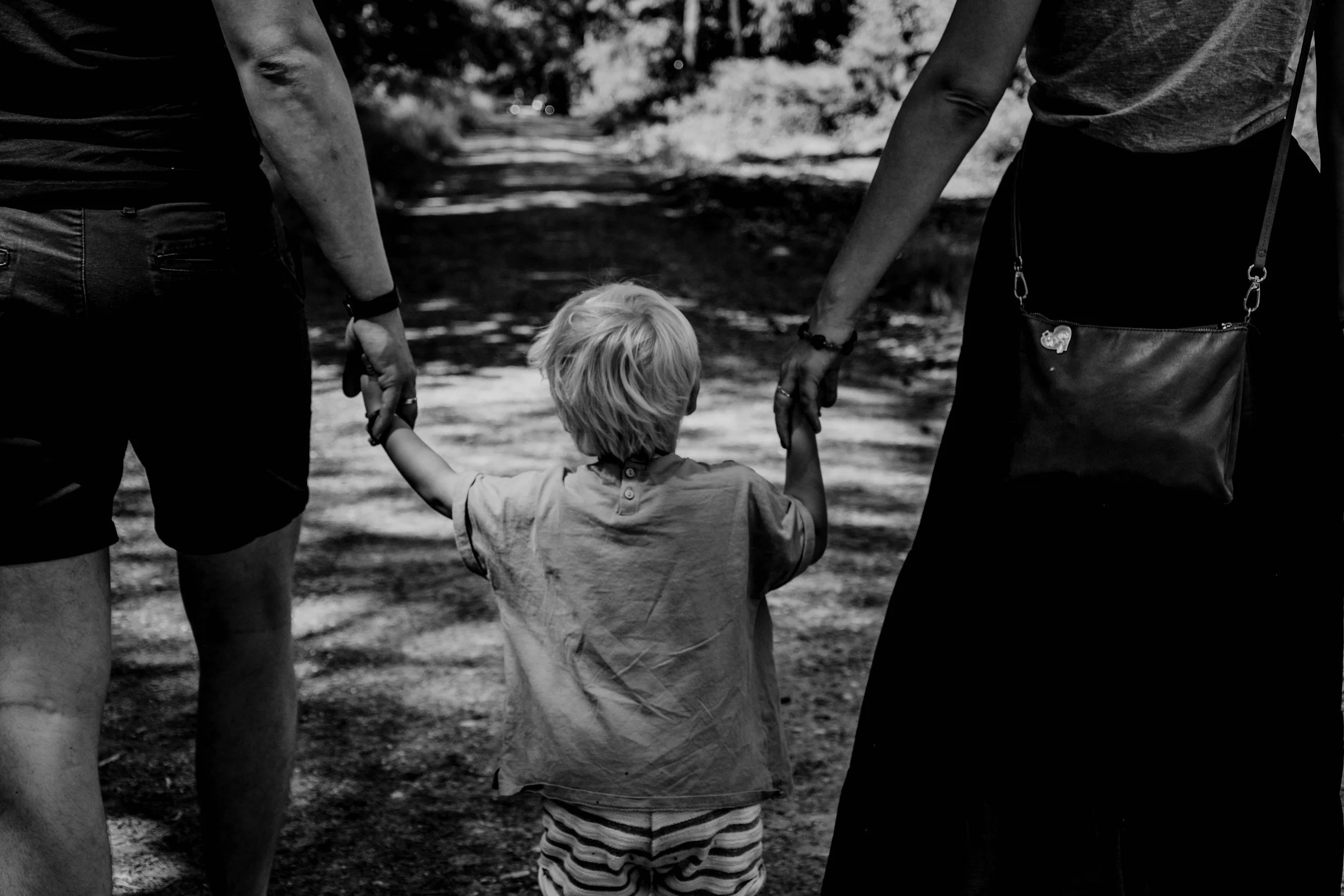When treatment finishes, many people expect life to return to normal quickly. Friends and family may say things like, “You must be relieved it’s over” or “Now you can get back to normal.” Yet for many, that “normal” never fully reappears. Instead, there can be deep exhaustion that rest alone does not fix and a confusing sense of disconnection from the person you used to be. Post-treatment fatigue is both physical and emotional, and it can affect how you see yourself, your relationships and your confidence. Understanding why it happens is the first step towards recovery.
Why fatigue lingers after treatment
The body has been through months of medical intervention, and it needs time to heal. Chemotherapy, radiotherapy and surgery place huge demands on energy systems. Yet the mind is also recovering from prolonged stress. During treatment, your body is flooded with adrenaline and cortisol as it copes with uncertainty and fear. When that crisis period ends, energy levels can crash. The nervous system needs time to adjust, and this can show up as brain fog, irritability and an overwhelming tiredness that feels out of proportion to what you are doing.
For some people, fatigue also carries emotional weight. It can feel frustrating or guilt-inducing to be so tired when everyone else expects you to feel grateful or ready to celebrate. This mismatch between how you feel and how you are expected to feel can deepen the sense of isolation.
The impact on identity
Fatigue is not only about energy. It can touch every part of life, including how you see yourself. You may find you cannot return to work, social activities or hobbies in the same way as before. You might notice yourself comparing the “old me” with the “new me,” wondering whether you will ever regain that version of yourself. Therapy can help explore this shift gently, making space for grief about what has changed while also helping you reconnect with your values and sense of purpose now.
Approaches such as ACT and compassion-focused therapy are especially useful here. They encourage curiosity and kindness towards the self rather than judgment. You might ask, “What matters most to me now?” rather than “How do I get back to who I was?” This subtle shift helps recovery feel more grounded and less pressured.
Managing fatigue day to day
Small, structured changes can make a real difference. Some useful strategies include:
- Pacing your energy. Balance activity with rest rather than pushing through exhaustion. Try to spread tasks across the week and plan recovery time after demanding days.
- Gentle movement. Short walks, stretching or breathing exercises can support both body and mind. Movement helps regulate energy rather than drain it.
- Managing expectations. Communicate with others about what you can realistically do. It is fine to say no or to cancel plans when you need to rest.
- Mindful pauses. When frustration arises, take a slow breath and acknowledge, “This is hard, and I’m doing my best.” Self-compassion reduces inner pressure and allows rest to feel restorative rather than guilty.
How therapy can help
Therapy after cancer treatment can offer both structure and emotional understanding. A therapist can help you track patterns of energy and rest, identify unhelpful self-talk (“I should be better by now”), and support you to develop more balanced routines. Compassion-focused work can help address feelings of guilt or failure, while CBT techniques support practical coping. Over time, therapy can help you move from frustration and fatigue towards self-understanding and gradual re-engagement with life.
Rebuilding confidence and meaning
Recovery is rarely about going back; it is about finding a new version of strength that includes everything you have been through. When energy returns, even slowly, it often brings fresh clarity about what matters most. Therapy helps you recognise that this period of rest and reflection is part of healing, not a failure to move on. With compassion and patience, you can rediscover who you are now, and begin to live fully again, even if life looks different from before.




